How much sleep do you get each day? If it’s less than 7 hours, you could be shortening your life. Though it may sound a bit dramatic, sleep deprivation can bring about debilitating long-term health problems such as hypertension, heart attacks, strokes, obesity, diabetes, depression, anxiety, decreased brain function, memory loss, weakened immune system, lower fertility rates, and psychiatric disorders.
Most of us will log almost 230,000 hours of sleep before “the big chill,” which is a lot of time devoted to giving our conscious mind a rest. Surely, it seems, nature puts a premium on that kind of rest. In fact, humans sleep fewer hours, relatively speaking, than other members of the Animal Kingdom; lions and bats, for instance, sleep nearly 20 hours a day.
Health Benefits of Sleep
It’s clear, then, that sleep is a natural part of a healthy lifestyle. As important as any workout regimen, a Utah-certified registered dietician at Total Health and Fitness will certainly factor sleep into your health plan. But why? With the aid of sleep studies, Neuroscientists have been working to pinpoint exactly why our bodies nag us for extra Z’s and determine the difference in the quality of life between a well-rested person and one who is “running on a half-tank.”
Strengthening Your Immune System
You might be surprised to learn that sleep has a direct impact on your body’s ability to fight colds and heal from injuries. Think of your immune system as your body’s Coast Guard: various cells, proteins, and antibodies travel your bloodstream, on the lookout for invaders. If found, they pounce into action, surrounding the intruder — be it harmful bacteria, a virus, or a foreign particle in the body — and destroy it.
The immune system is an ever-adapting collage of responses that your body curates over a lifetime. This evolution is broken into two types:
- The Innate Immune System: The phagocytes, histamine, and cytokines already present in your body since birth. If sick, your body will produce more blood and send your white blood cells to the area to set things straight.
- The Acquired Immune System: This particular system lets loose the antibodies your cells have formed through previous exposure to the sickness (like in a vaccination) to the problem areas.
Working with Total Health in Fitness, your consultant can explain to you how sleep is a great way to recover from a hard workout because your muscles can use the rest they’re getting to rebuild what has been damaged. Your immune system works the same way. Essential proteins are produced in sleep which helps your body combat various illnesses.
In fact, you may have noticed that when you’re sick or injured, you feel more tired. That’s your body’s way of encouraging you to let it do its job and heal you.
A Healthy Brain, a Healthy Body
It is the job of our many Utah-certified nutrition and exercise consultants to make sure that your body is performing at optimal levels, by ensuring that what you put into it and how you operate it isn’t harmful. Sleep is your body’s own way of regulating your most crucial systems, like your brain activity.
Poor sleep has certain demonstrable effects on the brain:
- The brain has a harder time learning new information and recalling what it knows.
- Fewer “waste products” are flushed from the brain while we’re awake, meaning the brain has less capacity to make room for new, healthy cells.
- Mood swings are more common with sleep deprivation.
- Your brain has a harder time sending energetic enzymes to the rest of the body, making you feel sluggish.
- Depression and anxiety worsen, the less sleep you get.
The proof is in the pudding when it comes to sleep science and your personal trainer at one of our Utah Total Health and Fitnesses will make sure to underscore its importance as you embark on a journey of health improvement. Schedule a consultation today to get started with your new healthier lifestyle.








